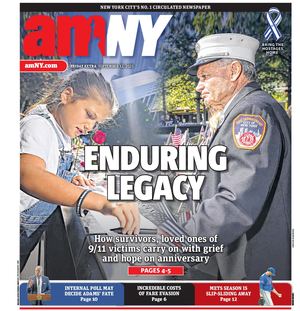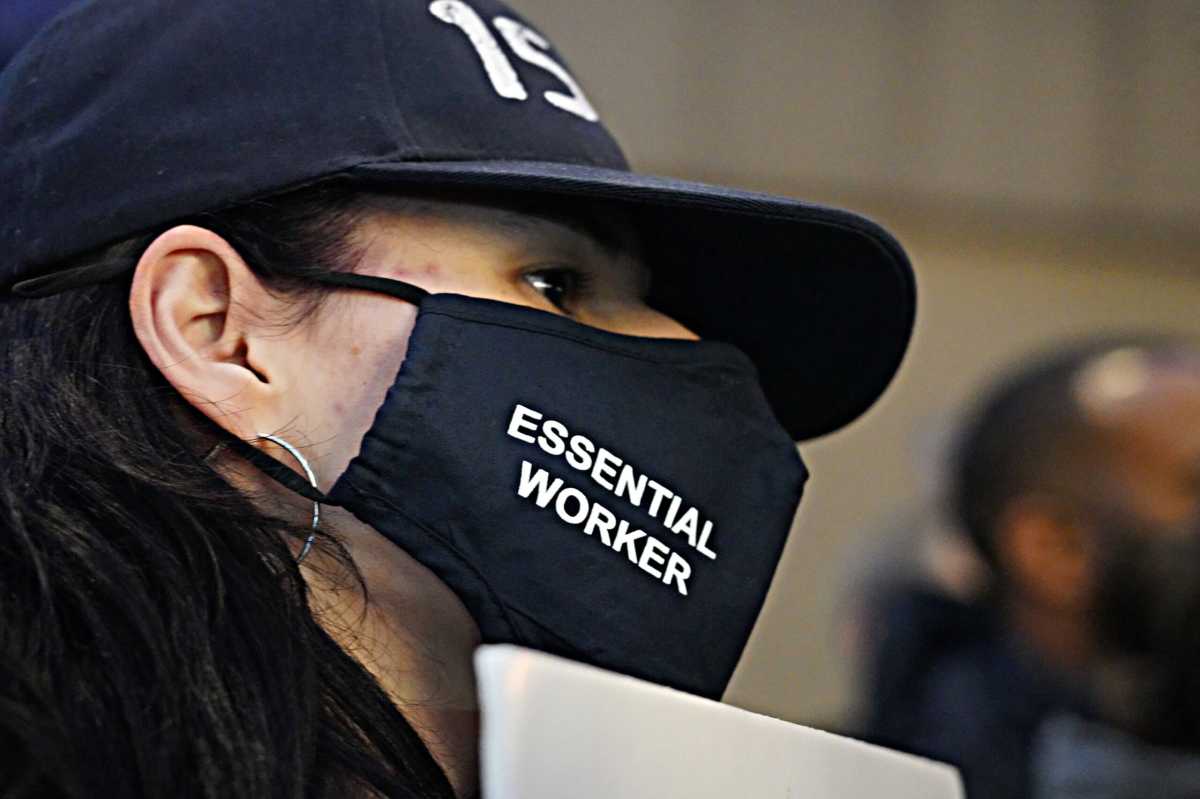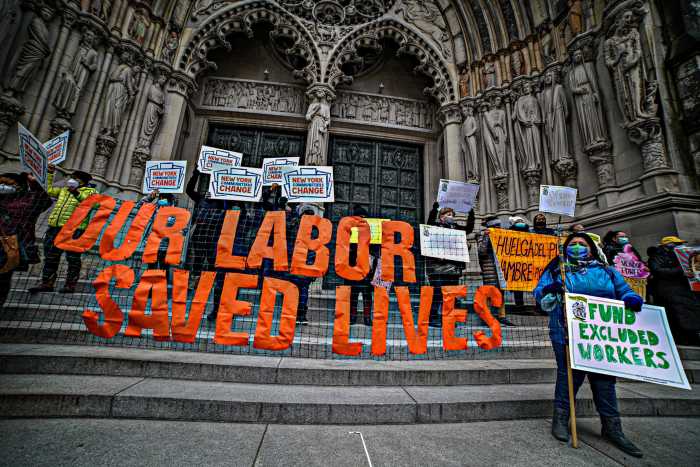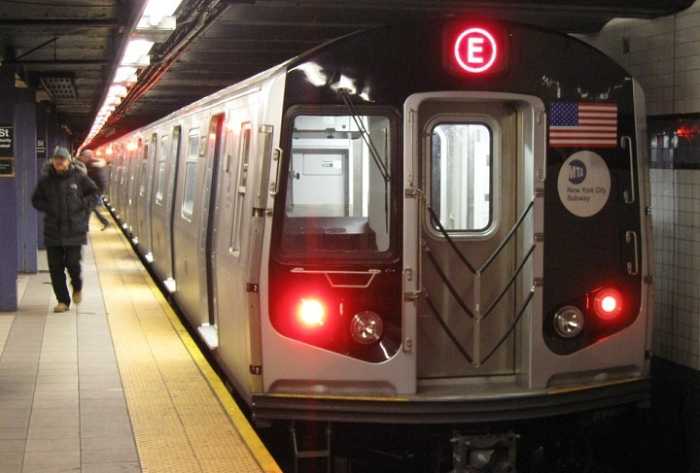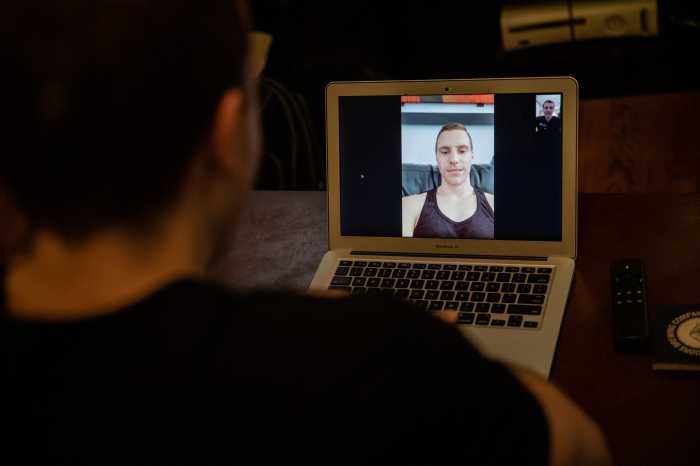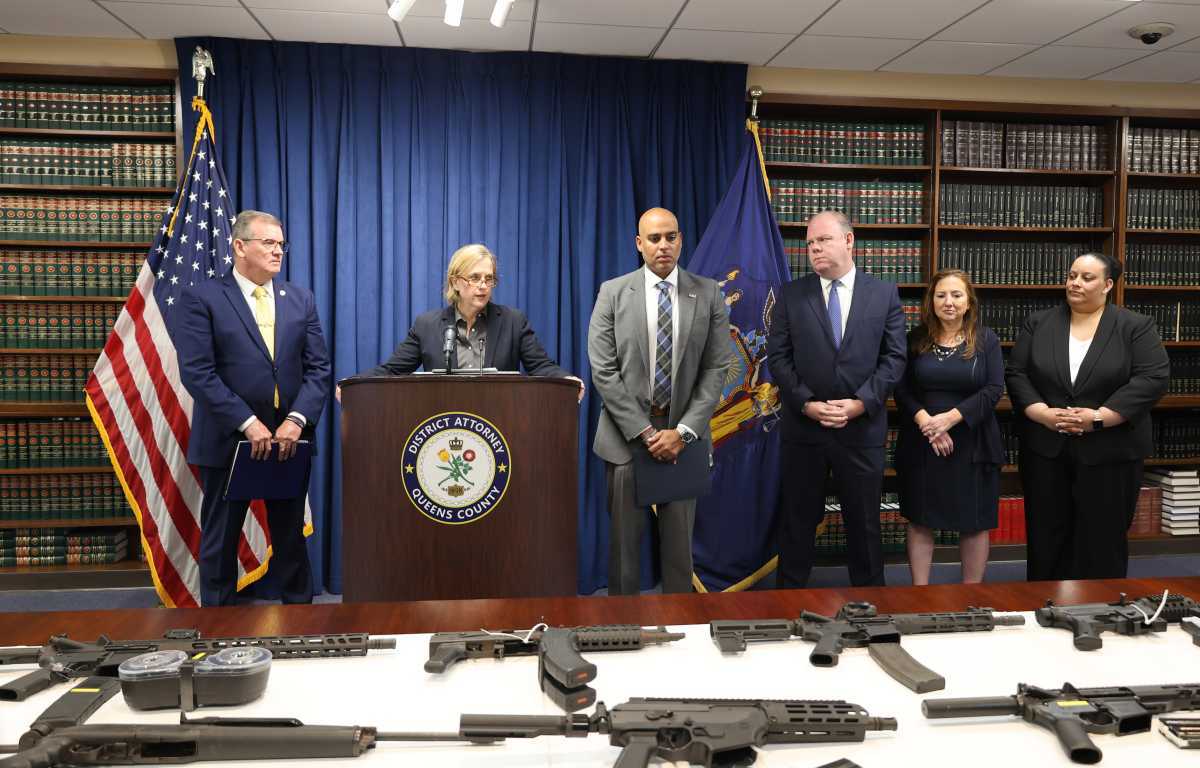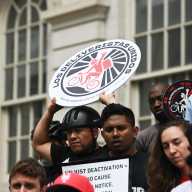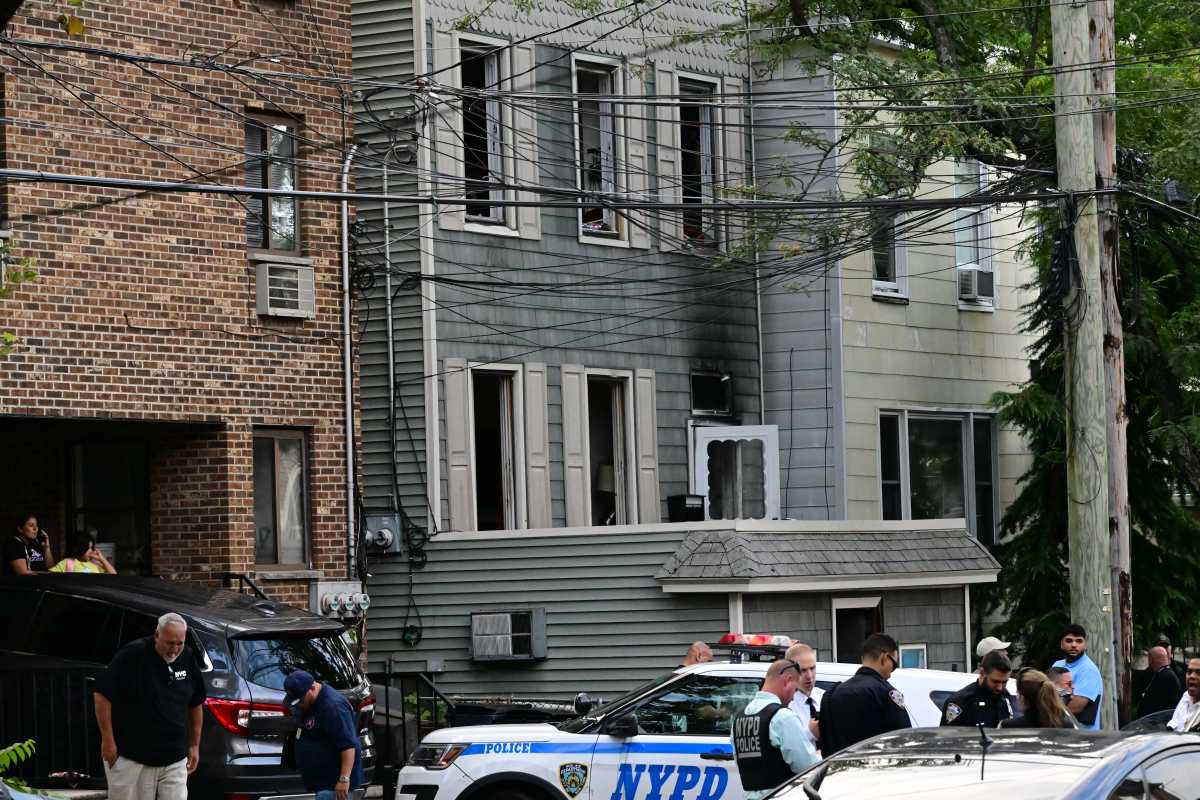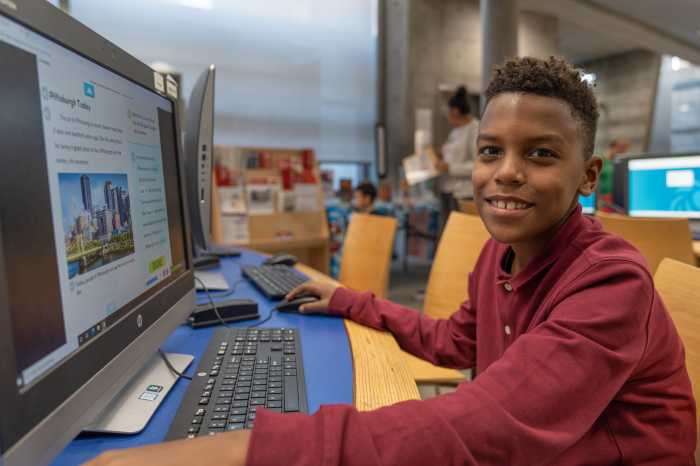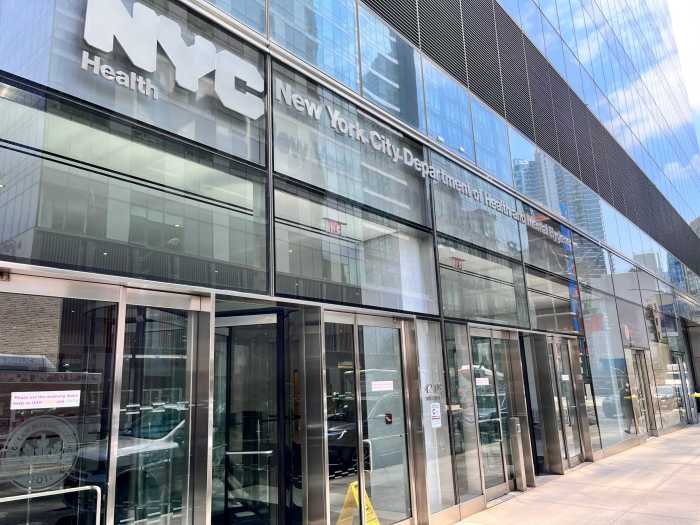The arrival of the COVID-19 pandemic two years ago sent millions of New Yorkers home to work remotely from their apartments. But the workers who continued going onsite to their jobs – the “essential” workers – included much more than just police, fire, and emergency personnel.
Tens of thousands of people in New York City’s human services sector do not have the ability to work remotely. Their job is to show up day-in and day-out to help others at places like shelters and food banks. They showed up during the pandemic, at times putting themselves at increased risk of COVID, to serve their neighbors’ needs.
But these New Yorkers’ heroic work masks a dark secret — the workers assisting New Yorkers in need often make so little that they qualify for assistance themselves due to low pay in New York City contracts with the nonprofits that employ them.
It is unconscionable to pay human services workers – primarily women of color – poverty wages. Ultimately, this lack of investment in our employees puts our ability to respond to crises and provide services for New Yorkers in jeopardy. That’s why I am proud to be part of the #JustPay campaign fighting for equitable pay for human services workers.
During the pandemic, the de Blasio administration doubled down on the injustice of low pay by failing to include even modest Cost of Living Adjustment increases in the city budget for these workers, known in budget parlance as “COLA” increases.
This year, Governor Kathy Hochul showed true leadership by including COLA raises for workers at nonprofits that contract with the state in her Executive Budget. Mayor Eric Adams and City Council Speaker Adrienne Adams should follow the Governor’s lead and give workers at nonprofits that contract with the City the pay increase they deserve.
Nonprofit human and social service workers are among the lowest paid New Yorkers. In 2015, the average pay for a human services worker covered just 30 to 45 percent of a bare-bones survival budget for a family of four in New York City. In the years since, that figure has barely budged. Today, 15 percent of these workers — many of whom help New Yorkers apply for government benefits — qualify for government food assistance and some live in homeless shelters.
These workers are caught in an unconscionable dilemma: they can either keep serving their neighbors in need and fall into poverty themselves or leave their chosen field to look out for their own needs.
While these workers might be employed by nonprofits, their salaries are directly connected to contracts from the City of New York. Yet, they are paid far less than employees who work directly for the city in similar roles — earning just 71 cents on the dollar compared to New York City employees.
This not only affects nonprofit workers and their families, but also services for New Yorkers in need. A recent survey found 8-in-10 nonprofits in New York City cited inadequate pay as a significant barrier to hiring for open positions. Our city’s miserliness towards frontline workers directly — and negatively — impacts nonprofits’ ability to support New Yorkers during times of crisis.
The cycle is simple: when we can’t pay competitively, we aren’t able to hire enough staff, leaving our existing teams with higher caseloads. Eventually, overworked and under-paid staff leave for other jobs — sometimes similar, but better paying jobs in city government — causing the cycle to accelerate.
It doesn’t have to be this way.
This January, Governor Kathy Hochul included $500 million in her 2023 budget to increase wages at human services nonprofits that contract with the State. This is a good first step, but there are tens of thousands of human services staff who work under contracts from the City and won’t see any pay increase from the Governor’s action.
Our leaders here in New York City should recognize the skill and selflessness of our human service workers with fair, equitable pay. The first, stopgap step is to provide a 5.4 percent COLA, in line with the consumer price index. This would cost just $108 million out of an $98-plus billion city budget, but would bring immense relief for the 125,000 New Yorkers who would receive their first raise in years.
This is not only the right thing to do, but is vital to keeping our social safety net — from homeless shelters to food banks — running. With the eviction moratorium gone, unemployment in New York City still far above the national average, and the pandemic still raging, our organizations are responding to our neighbors’ needs during the most challenging periods in New York’s history, and we need the city to respond with us. First and foremost, that means helping us hire and retain staff, which is only possible if we pay them a livable wage.
Human service workers are considered essential for a reason. They are the people that New Yorkers turn to in their hour of need. They keep our social safety net functioning. They are unsung heroes — and they deserve wages that recognize their work.
Christine C. Quinn is the President & CEO of Win, the largest provider of shelter and supportive services for homeless families in New York City.
